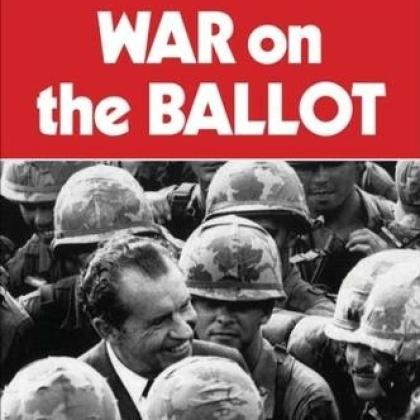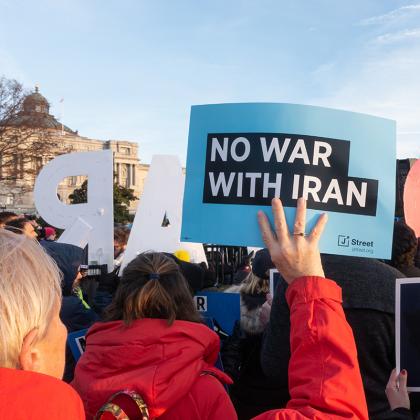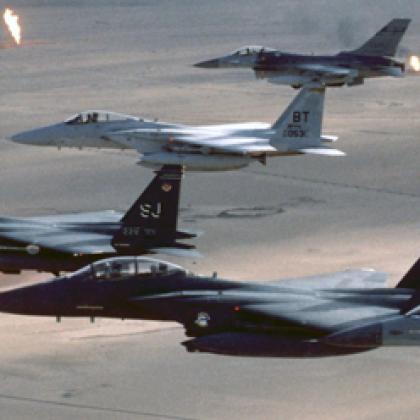Andrew Payne
Andrew Payne is a Lecturer in Foreign Policy and Security at City St George's, University of London, and a Research Associate at the University of Oxford, where he was previously the Hedley Bull Research Fellow in International Relations. His research examines the politics of US foreign policy. His first book, War on the Ballot: How the Election Cycle Shapes Presidential Decision-Making in War, was published by Columbia University Press in 2023. His research has been published in several peer-reviewed journals, including International Security, Presidential Studies Quarterly, Politics, and Contemporary Politics. He is a frequent contributor of expert analysis on US politics and policy, with bylines in Foreign Affairs, Foreign Policy, The Washington Post, The Sunday Times, Scientific American and The Conversation. His writing, commentary and research has also featured in a range of international media, including The Atlantic, USA Today, Newsweek and Voice of America. He is a Fellow of the Higher Education Academic and currently serves as Programme Director for the BA International Politics in the School of Policy and Global Affairs at City St. George's. In addition to his academic work, he is a Research Director at the Royal Institute of International Affairs (Chatham House).

Publications
Books
War on the Ballot: How the Election Cycle Shapes Presidential Decision-Making in War (Columbia University Press, 2023)
Articles
“Bargaining with the Military: How Presidents Manage the Political Costs of Civilian Control,” International Security (Summer 2023), Vol. 48 (1): 166-207
"One President at a Time? How the President-Elect Shapes U.S. Foreign Policy during the Transition," Presidential Studies Quarterly, Vol. 52, No. 4 (December 2022), pp. 730-758
"Stuck on a Hostile Path? US Policy towards Iran since the Revolution," Contemporary Politics, Vol. 29, No. 1 (2023), pp. 1-21
"Bringing the Boys Back Home: Campaign Promises and U.S. Decision-Making in Iraq and Vietnam," Politics, Vol. 41, No. 1 (February 2021), pp. 95-110
"Presidents, Politics and Military Strategy: Electoral Constraints during the Iraq War," International Security, Vol. 44, No. 3 (Winter 2019/20), pp. 163-203
Recent Media
“Americans Love a Tough Guy: Why Trump Won on Foreign Policy–and What the Democrats can Learn From Him,” Foreign Affairs, 21 November 2024 (with Jeff Friedman)
"America Does Not Have One President at a Time," Foreign Policy, 15 November 2024 (with Jeff Michaels)
"Biden's Withdrawal Made Containing War in the Middle East Harder," Scientific American, 17 October 2024
"The Myth That Foreign Policy Doesn't Matter in Presidential Elections," Foreign Affairs, 8 October 2024 (with Jeff Friedman).
"What Drives US Support for Ukraine? Joe Biden's Strategy Explained," The Sunday Times, 24 September 2023
"Kamala Harris Has A Different View on Gaza to Joe Biden," The Conversation, 24 July 2024
Related News
Back
More














